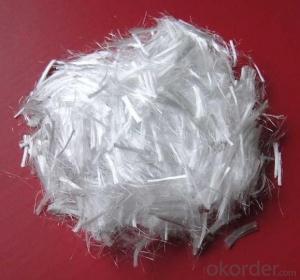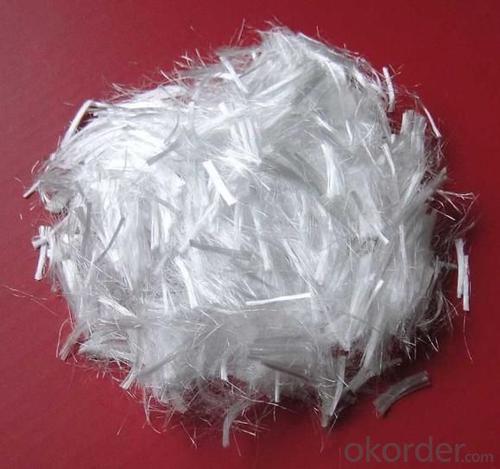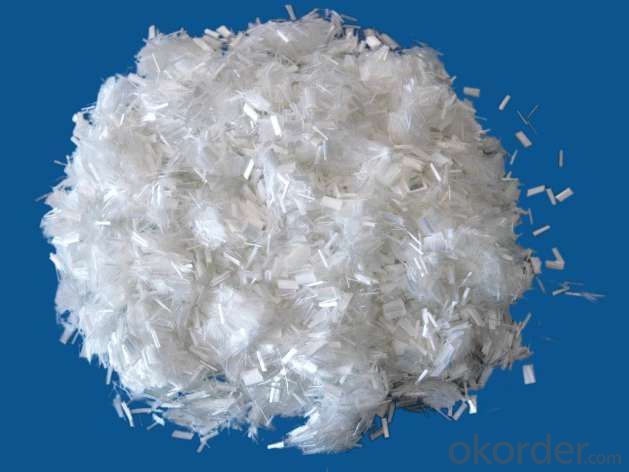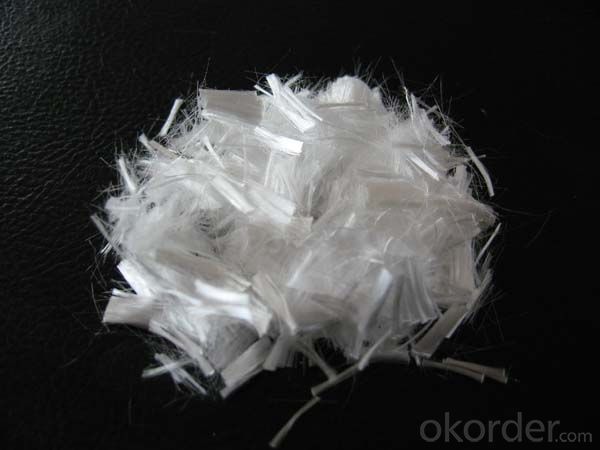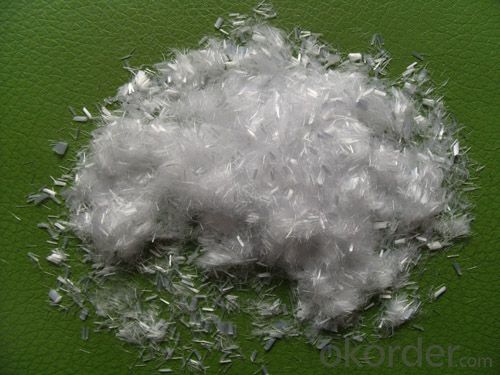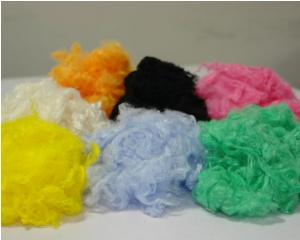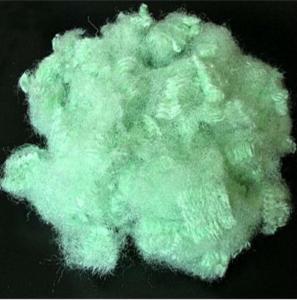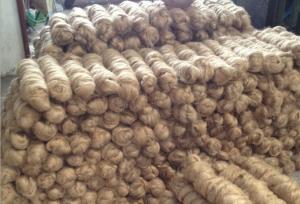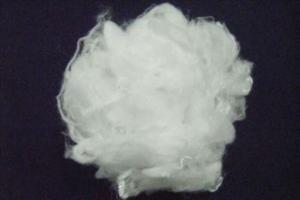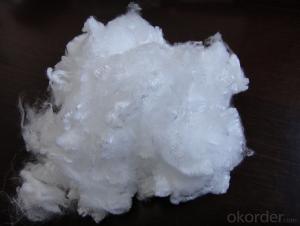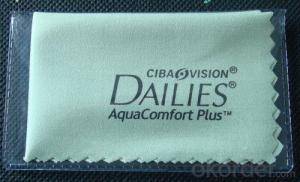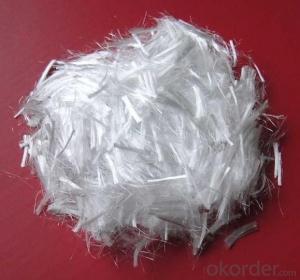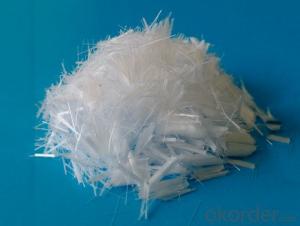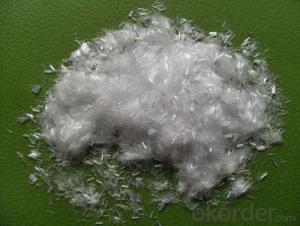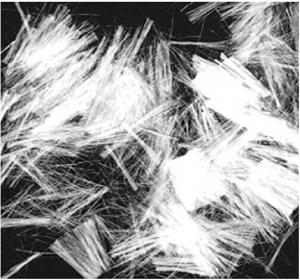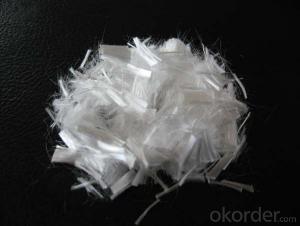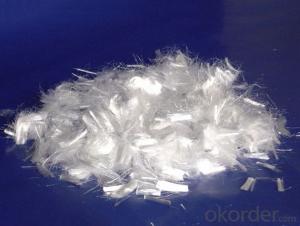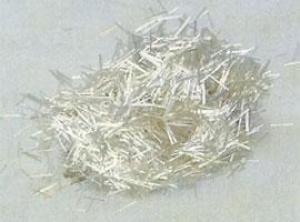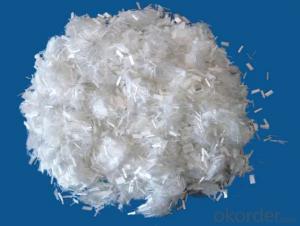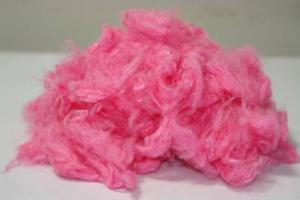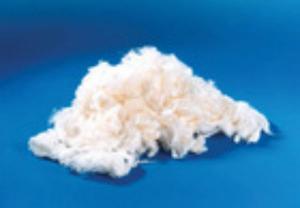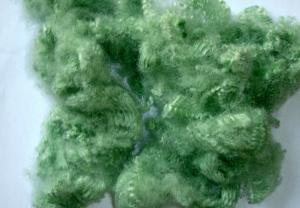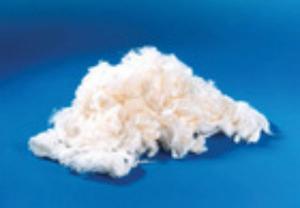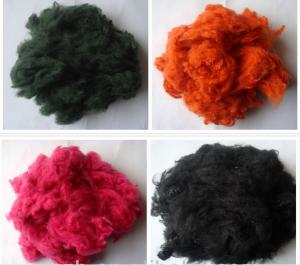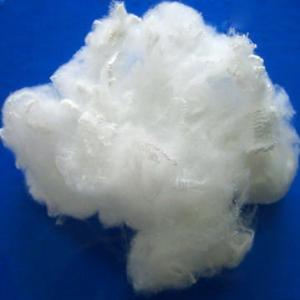Polypropylene Enginnering Fiber for Concrete
- Loading Port:
- China main port
- Payment Terms:
- TT OR LC
- Min Order Qty:
- 1 m.t.
- Supply Capability:
- 3000 m.t./month
OKorder Service Pledge
OKorder Financial Service
You Might Also Like
Specification
Specification of PP Fiber for Concrete
Raw material: polypropylene
Type: Monofilament
Fiber dia:25~45μm
Density:0.91~0.93g/cm3
Color: Natural (white)
Tensile strength: >350Mpa
Crack elongation:≥15%
Elasticity modulus:≥3000 Mpa
Melting point:160~180℃
Water absorbency: No
Thermal conductivity: low
Resistance to Acid, Alkali: ≥95% strong
Note: length size 3 6 10 12 15 19mm, as customer’s requirements
Function of PP Fiber for Concrete
Crack resistance of concrete
To improve concrete impermeability
To improve freeze-thaw resistance of concrete
Improve impact resistance and toughness of concrete
To improve the durability of concrete
Application of PP Fiber for Concrete
PP fiber for building can enhance the crack resistance, anti-permeability, anti-abrasion performance, frost-resistance, antiknock and workability of mortar and concrete. Due to the uniform distribution of tens of thousands of fibers in the mortar and concrete, keeping the whole structure strong, avoiding the structure being struck to pieces, preventing the steel from corroding, lengthening the service life of the project and reducing the maintaining cost.
Package of PP Fiber for Concrete
common 0.9 or 1kg per bag. Maybe modified with customer’s requirements.
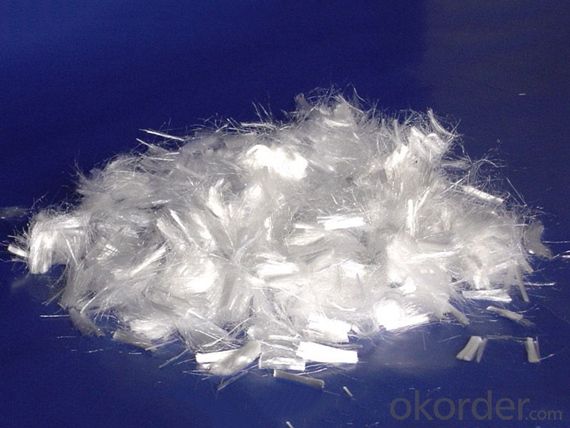
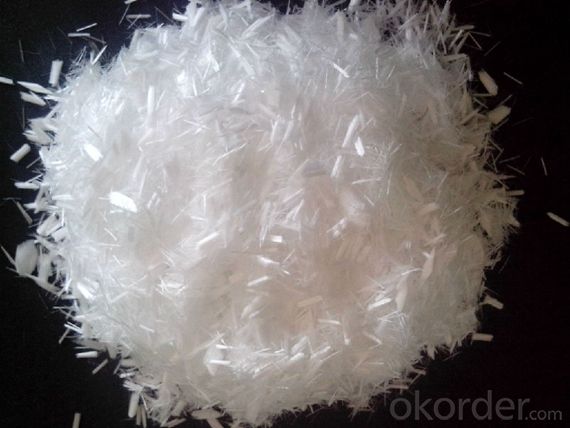
- Q: Is the shirt pure cotton or cotton mixed with polyester?
- Cotton and polyester blended shirt, indeed more crisp, easier to manage, but not easy to wrinkle, but personal comfort will be greatly inferior to cotton clothes. Especially for you, polyester fiber (polyester) is higher in content than cotton. If your skin is more sensitive, but it is next to wear a shirt (do not wear bottoming), it is recommended to buy cotton well.
- Q: What is the fibrous substance in the headphone string?
- No direct twist up, because the wire surface insulation paint, direct twist up signal is not conductive, must first remove the insulating paint, you can first use the lighter to burn, and then a knife scrape residue, can be together again
- Q: Can polyester fiber be waterproof?
- Because the polyester has good elasticity and bulkiness, can also be used as a quilt. In industry, high strength polyester can be used as tire cord, conveyor belt, fire hose, cable, fishing net, etc., and can also be used as electrical insulation material, acid proof filter cloth and paper making blanket. With the production of non textile polyester cloth can be used for indoor decoration, Carpet cloth, industrial cloth, medical floc lining etc..
- Q: What are preganglionic fibers and postganglionic fibers?
- The fibers of the lower center of the motor nerve, called preganglionic fibers.The axon of the autonomic nerve postganglionic neuron, called the postganglionic fiber, is located at the periphery of the autonomic nerve.
- Q: What material is microfiber shoe?
- As fine denier microfiber, greatly reduce the stiffness of the silk, made the fabric feel very soft, fine fiber layer structure can also increase the wire, increasing the surface area and the capillary effect, the fiber internal reflected light distribution on the surface is more delicate, so elegant with silk like luster, and good wet absorbent powder. Made with microfiber clothing, comfortable, beautiful, warm, breathable, good drapability and fullness, has significantly improved in terms of hydrophobic and anti fouling, with large surface area and soft characteristics of different organizational structures can be designed so that more sunlight heat dissipation or faster temperature play a role in cool in the summer.
- Q: What's the acid and alkaline difference between wool and cellulose fiber?
- Wool is not alkaline, ah, caustic soda water can dissolve the wool, the general situation of PH can not exceed 11., but the wool acid resistance, the general concentration of sulfuric acid is not a problem
- Q: Can polyester fiber have static electricity?
- In order to avoid the defects of the polyester fiber, some brands of clothing in clothes and fabrics with spandex, cotton and other materials will greatly reduce the generation of static electricity, which appeared in the same polyester clothes some serious static without some.
- Q: Why does pure cotton fabric fall off?
- Although a lot of floating hair has been reduced, but the plant fiber has also lost its original vitality, so the treated fabric will easily cause residual chemical components, long-term exposure will have a greater harm to human health.
- Q: Which material is expensive, chiffon or polyester?
- Polyester fiber is a fiber, said popular point, is a textile material, is the fabric of raw materials, not fabrics. Therefore, there is no comparison between the two.
- Q: Carbon fiber is now the best T
- Raw material for resin, etc., do not elaborate here. The amount of silk contained in a thread is also a standard, 1K, 2K, 6K, 12K, etc. 1K=1000 silk. The smaller the more expensive. But the more expensive, the better. It depends on how small the T is. In principle, carbon fiber drawing is simple and difficult to carbonization. The temperature is out of control. The rate of finished products is now likely to be between 90% and 95% internationally. What follows is the focus. The world's most famous carbon fiber company is Japan's Dongli. Energy producing T1000 and MJ60. can also produce T800, of course. In fact, T800 prices are not high in the international market. T700 almost 17 USD/KG, T800 almost 35 USD/KG, because the production is large, low cost, so the Dongli T800 above the price of gross profit margin is basically around 20%.
Send your message to us
Polypropylene Enginnering Fiber for Concrete
- Loading Port:
- China main port
- Payment Terms:
- TT OR LC
- Min Order Qty:
- 1 m.t.
- Supply Capability:
- 3000 m.t./month
OKorder Service Pledge
OKorder Financial Service
Similar products
Hot products
Hot Searches
Related keywords
